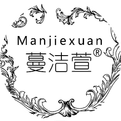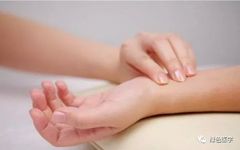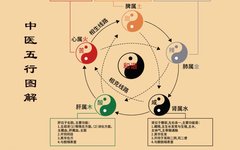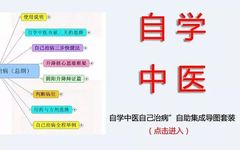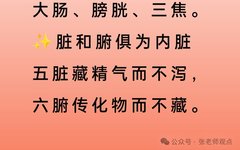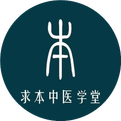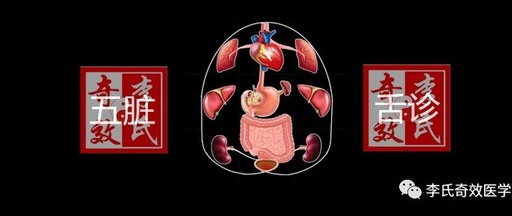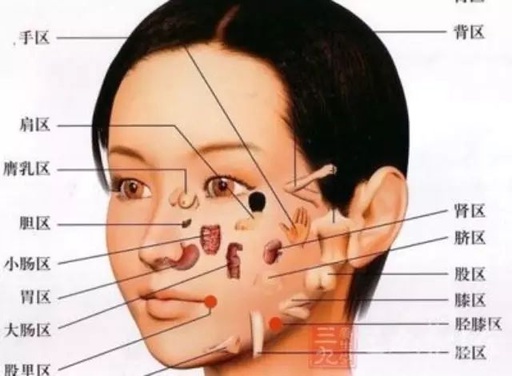The Huangdi Neijing on Emotions and Desires: Understanding the Seven Emotions and Six Desires
More exciting content, please follow us. The Huangdi Neijing on Emotions: The five emotions correspond to the five organs; illness arises from the heart, and emotions determine human health. Traditional Chinese Medicine (TCM) posits that “illness arises from the heart,” suggesting that the occurrence of disease is related to “emotions.” This aligns with modern medicine’s … Read more

